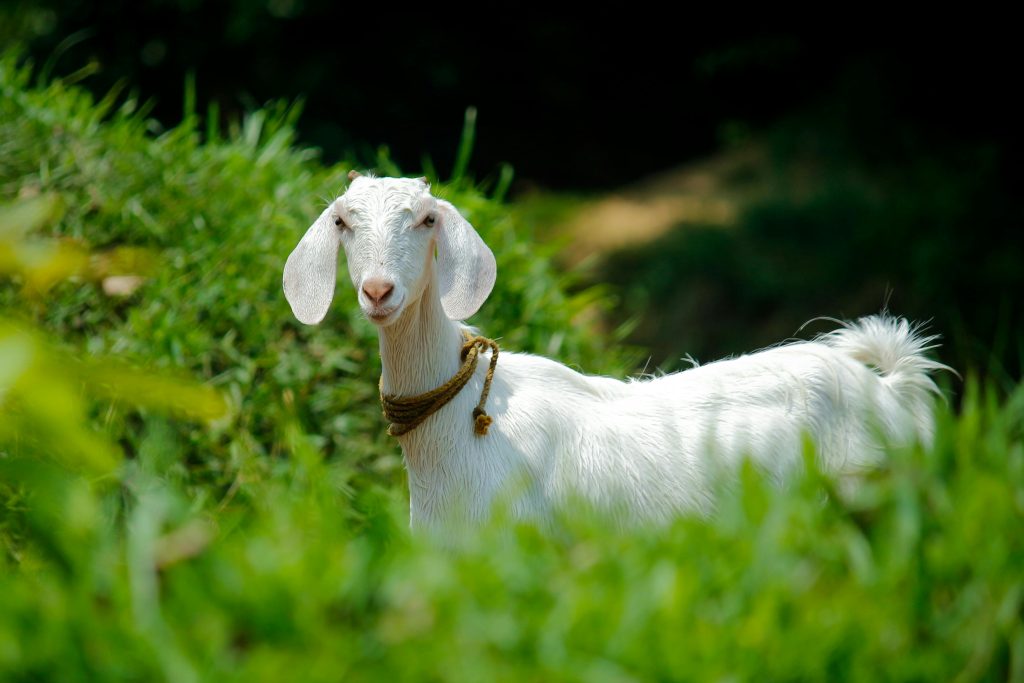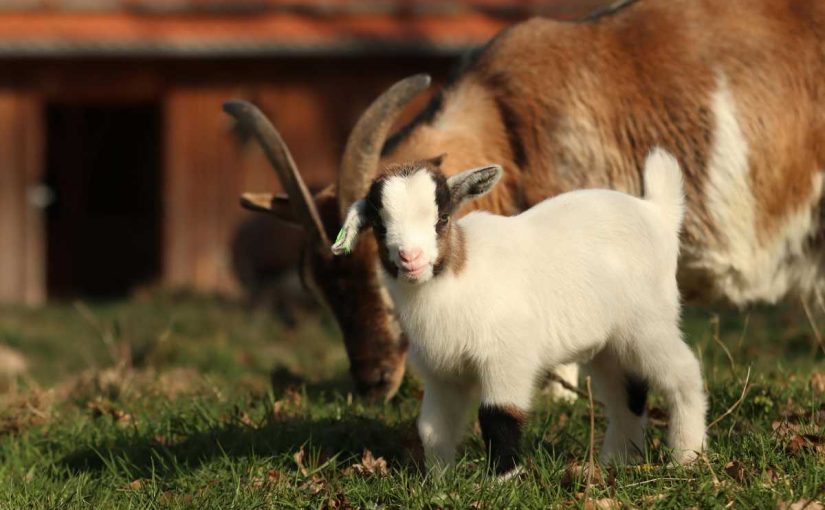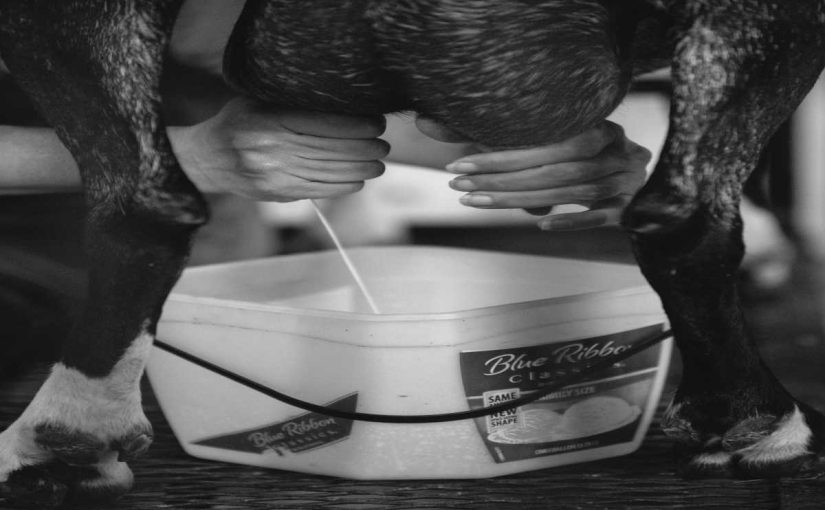Vaccination is a crucial part of goat health management, providing a protective shield against many common diseases that could otherwise harm or even decimate a herd. Whether you’re raising goats for milk, meat, fiber, or as pets, vaccinating them not only safeguards individual animals but also promotes overall herd health and productivity. Vaccinations help prevent the spread of infectious diseases, strengthen immunity, and can be vital in avoiding costly medical treatments in the future.
In this guide, we’ll explore the reasons goat vaccination is essential, the types of vaccines goats need, and best practices to keep your herd healthy year-round.
1. Why Is Goat Vaccination Important?
Vaccinations work by introducing a small, safe amount of an inactivated or weakened pathogen to stimulate the goat’s immune system. This prepares the body to recognize and fight off the actual disease if it’s encountered in the future.
Benefits of Vaccination for Goats:
- Disease Prevention: Vaccination prevents the outbreak of diseases, some of which can be fatal.
- Enhanced Immunity: Vaccines help goats develop strong immunity, essential for herd health.
- Cost Savings: Treating sick animals is more expensive than preventing diseases through vaccination.
- Improved Productivity: Healthy, vaccinated goats are less likely to experience production loss, whether in milk, fiber, or meat.
Why It Matters:
Preventing disease through vaccination is an investment in the herd’s health and the success of your goat farming operation. Vaccination is particularly crucial for young kids, as they’re most susceptible to disease before their immune systems fully develop.
2. Common Diseases That Vaccines Protect Against
Several diseases pose significant risks to goats. Vaccines are available for many of these diseases and can help protect your goats from serious health complications.
Essential Vaccines for Goats:
- CD&T Vaccine (Clostridium Perfringens Types C and D & Tetanus):
- Clostridium Perfringens Types C and D: Causes overeating disease (enterotoxemia), often leading to sudden death in goats, particularly those on high-grain diets.
- Tetanus (Clostridium Tetani): Can enter the body through wounds and lead to fatal muscle contractions and paralysis.
- Why It’s Needed: CD&T is considered essential as it protects against two of the most common and potentially fatal diseases in goats.
- Caseous Lymphadenitis (CL):
- Caused by: Corynebacterium pseudotuberculosis, leading to abscesses in lymph nodes and organs.
- Why It’s Needed: While not always fatal, CL reduces productivity and is difficult to eliminate once it spreads through a herd. Vaccination can help limit the spread.
- Pneumonia Vaccines:
- Caused by: Various bacteria and viruses, leading to respiratory illness.
- Why It’s Needed: Pneumonia is common in goats, especially in stressful conditions or poor ventilation. Vaccinating helps protect vulnerable animals, particularly young kids.
- Rabies:
- Caused by: The rabies virus, which affects the central nervous system and is fatal.
- Why It’s Needed: Although rare, rabies is almost always fatal if contracted. It’s particularly important in areas where rabies is prevalent and for goats in close contact with humans and other animals.
Optional Vaccines for Goats:
- Foot Rot Vaccine: Helps protect goats in wet or muddy conditions where foot rot is a concern.
- Chlamydia and Leptospirosis: Often given to breeding animals to prevent reproductive losses.
Why It Matters:
By vaccinating against these diseases, you not only protect individual goats but also prevent the spread of illness, safeguarding your entire herd’s health.
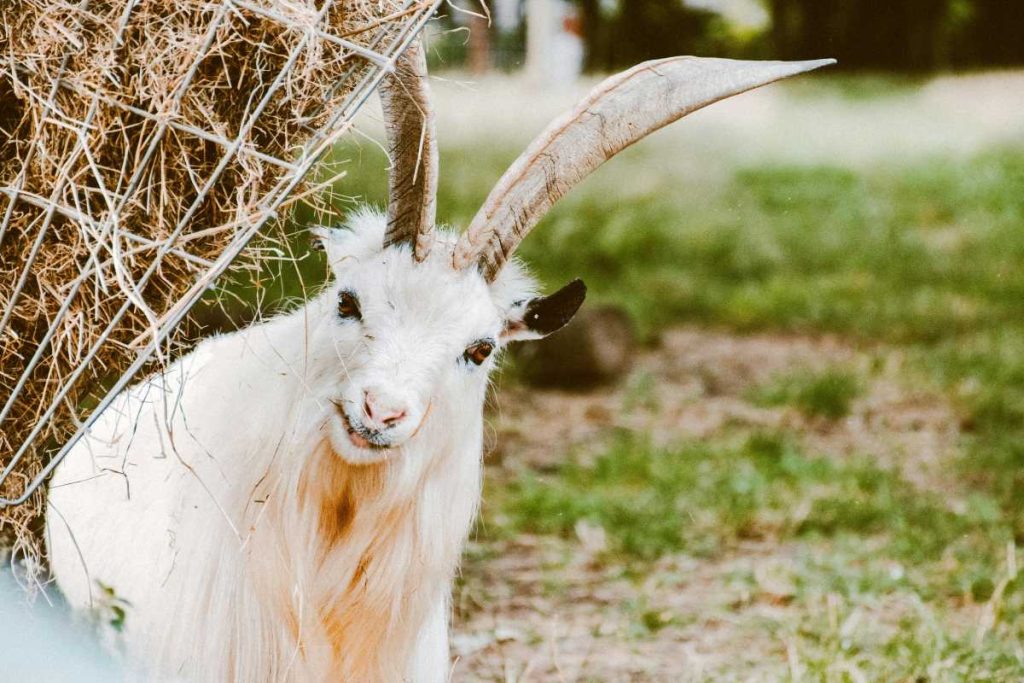
3. Best Practices for Goat Vaccination
Administering vaccines correctly and following a consistent schedule is key to effective disease prevention. Here’s how to ensure your goats get the maximum protection from their vaccinations.
Timing and Frequency
- Newborn Kids: Begin CD&T vaccinations between 6-8 weeks of age, with a booster 3-4 weeks later.
- Adult Goats: Annual boosters are typically recommended for CD&T and other vaccines, though some may require more frequent doses depending on disease exposure.
- Pregnant Does: Vaccinate does 4-6 weeks before kidding to ensure immunity is passed to their offspring through colostrum.
Administration Techniques
- Injection Site: Most vaccines are administered subcutaneously (under the skin). Follow the vaccine instructions and consult a vet if needed.
- Proper Dosage: Adhere to recommended dosages on the vaccine label, as under-dosing may not provide full immunity.
- Record-Keeping: Keep detailed records of vaccination dates, types, and dosages for each goat to ensure consistency and to track health over time.
Why It Matters:
Following best practices in vaccination timing, dosage, and administration helps ensure that vaccines are as effective as possible, reducing the risk of disease in your herd.
4. Common Side Effects and How to Handle Them
Vaccines are generally safe, but minor side effects can sometimes occur. Knowing what to expect helps you handle any reactions appropriately.
Possible Side Effects:
- Injection Site Swelling: A small, temporary lump may appear where the vaccine was administered.
- Mild Fever or Lethargy: Some goats may experience a mild fever or reduced activity for a day or two post-vaccination.
- Allergic Reactions: Rarely, a goat may have an allergic reaction, with symptoms such as difficulty breathing or hives.
How to Manage Side Effects:
- Monitor Closely: Observe vaccinated goats for the first 24 hours to ensure they recover well.
- Consult a Vet: If severe symptoms arise or persist beyond a few days, contact your veterinarian for advice.
Why It Matters:
Being prepared for side effects ensures that you can respond quickly to any adverse reactions, keeping your goats safe and comfortable.
5. The Role of Vaccination in Biosecurity and Herd Management
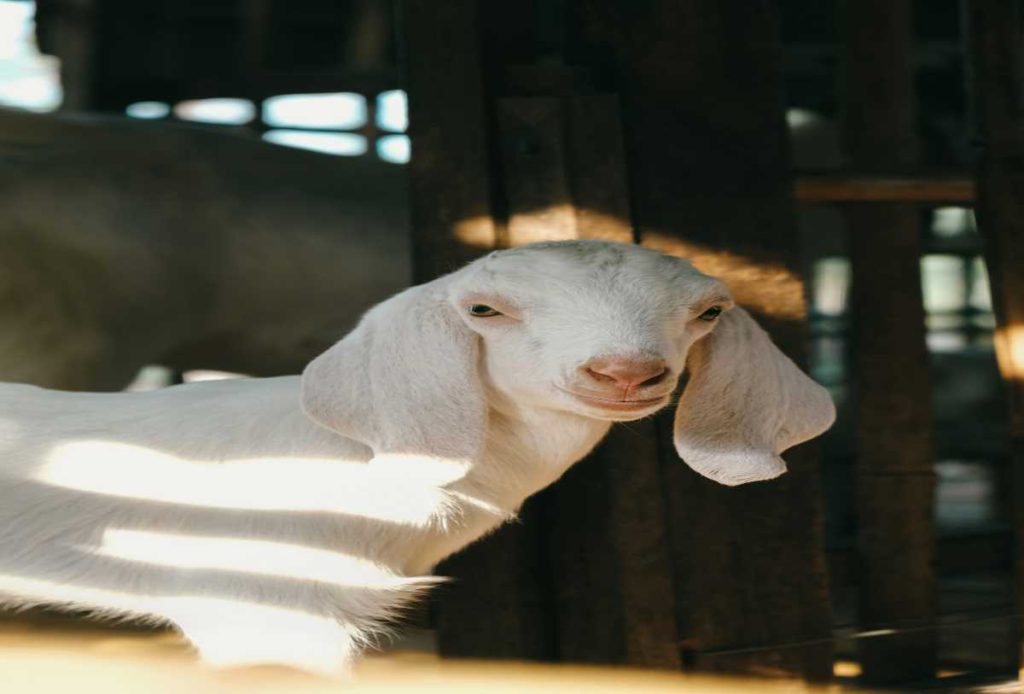
Vaccination is a fundamental part of biosecurity, which involves measures to protect your herd from infectious diseases. By vaccinating, you reduce the chances of disease spreading within your farm and to neighboring farms.
Biosecurity Practices to Complement Vaccination:
- Quarantine New Animals: Keep new or returning animals separate for at least 30 days to ensure they don’t introduce disease.
- Limit Visitor Contact: Restrict access to your herd, especially if visitors have been around other livestock.
- Clean Equipment Regularly: Disinfect feeding and handling equipment to reduce the risk of contamination.
Why It Matters:
Vaccination, combined with biosecurity, keeps your herd safe from disease and enhances overall herd health, ultimately reducing stress and costs associated with illness management.
6. The Cost of Not Vaccinating: Potential Risks and Losses
While vaccination may seem like an added expense, the cost of not vaccinating is often far higher. Treating sick goats can be costly, both in terms of veterinary bills and lost productivity.
Potential Risks of Not Vaccinating:
- Increased Mortality: Diseases like enterotoxemia and tetanus can cause sudden death, especially in young kids.
- Loss of Productivity: Sick goats may produce less milk, meat, or fiber, affecting the profitability of your farm.
- Spread of Disease: Diseases can spread rapidly through a herd, leading to widespread illness and potentially infecting other nearby animals.
Financial Impact:
The costs of treating diseases far exceed those of routine vaccination. By preventing illness, vaccination protects your investment in your herd.
Conclusion
Vaccinating your goats is one of the most effective ways to ensure their health, productivity, and longevity. By preventing serious diseases, enhancing immunity, and supporting biosecurity efforts, vaccination forms the backbone of effective goat herd management.
When you commit to a regular vaccination schedule, you’re taking an important step to protect not only individual animals but also the health and sustainability of your entire farm. Whether you’re new to goat farming or a seasoned producer, making vaccinations a priority will help you raise a healthy, resilient herd that thrives year after year.

